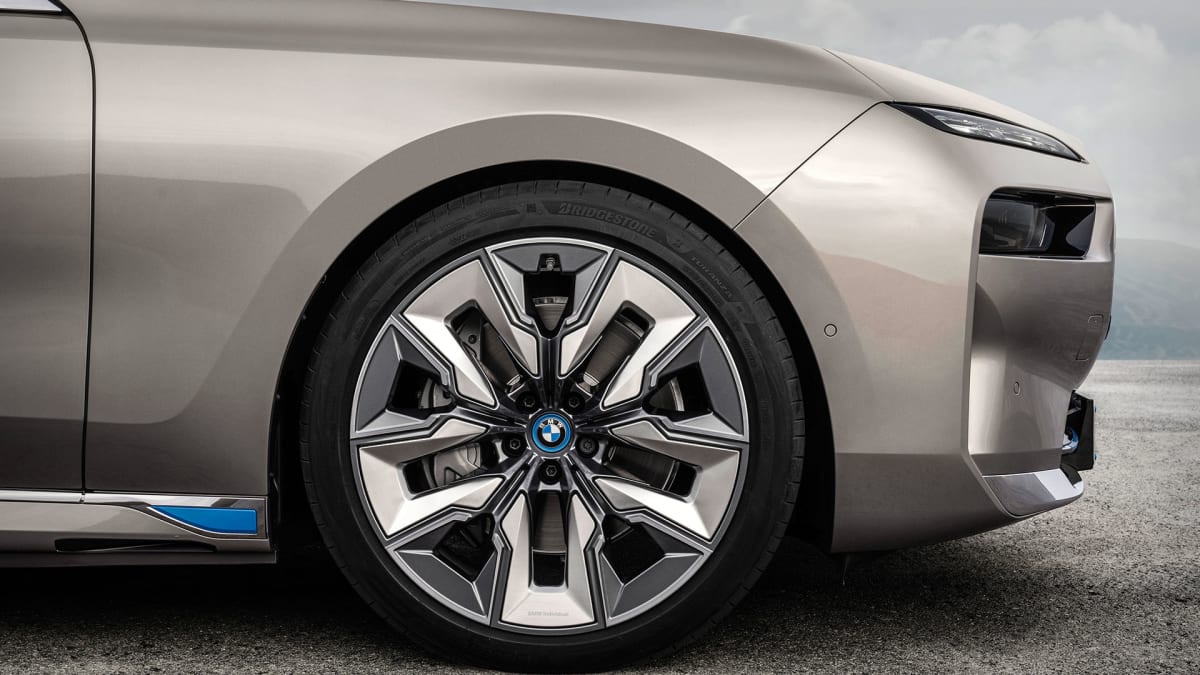
BMW would have preferred to avoid making this decision.
The German carmaker is currently focused, like most automakers, on the transition to electric vehicles, which is urgent and complex. BMW needs as few bad headlines as possible, since negative headlines can have serious consequences at a time when Tesla, the world leader in electric vehicles, and the Chinese groups BYD (BYDDY) and NIO (NIO) are accelerating.
But BMW (BMWYY) had no choice. The carmaker has just issued a warning for thousands of consumers who have purchased some of its models. The car manufacturer is asking owners of 90,000 BMW models from 2000 to 2006 not to drive these vehicles anymore, because they are equipped with dangerous, defective airbags manufactured by the Japanese equipment manufacturer Takata.

BMW
'Park Them Immediately'
"BMW has issued a 'Do Not Drive' warning today," the National Highway Traffic Safety Administration (NHTSA) said in a notice. "Owners of these vehicles should park them immediately and contact BMW for more information."
The federal agency continued: "If you own one of these vehicles and still have an open Takata air bag recall, do not drive it until this urgent, lifesaving recall has been completed. Replacement parts are available now for free for this recall."
The impacted vehicles are 17 to 22 years old, and the risk to vehicle occupants is "dire," BMW said. These are some of the oldest Takata air bags under recall, and have an extremely high probability of failure during a crash. If the inflators rupture, the metal fragments ejected toward the drivers’ or passengers’ faces could kill them or leave them with devastating, life-altering injuries, the carmaker warned.
"If you have a model year 2000-2006 BMW with a recalled Takata air bag, get it repaired immediately – for free. These inflators are two decades old now and, with every day that passes, they become even more dangerous as they can rupture even in a minor crash,” NHTSA Deputy Administrator Sophie Shulman said.
Replacement parts are available now for free for this recall, according to the company and NHTSA. The regulator said that it is urging vehicle owners to immediately check to see if their vehicle has an open Takata air bag recall. If it does, owners need to contact their dealership or BMW customer service to schedule a free repair as soon as possible, as well as free towing or mobile repair.
Models involved in this recall include: the 2000-2006 BMW 3 Series (E46) including M3, the 2000-2003 5 Series (E39) including M5, and the 2000-2004 X5s (E53) equipped with certain driver’s front airbag inflators, manufactured by Takata.
Takata Went Bankrupt
At least 70 million vehicles have been recalled - 100 million worldwide - in recent years in the US due to failed Takata airbags. From 2000, Takata introduced a new chemical agent in its airbags, ammonium nitrate. Frequently used as fertilizer, this agent served to inflate the bag in the event of an accident. However, ammonium nitrate can, in the event of prolonged exposure to heat and humidity, degrade. A possible result of this process: an untimely explosion, even stronger than necessary, to trigger the airbag. Parts of the steering wheel or dashboard can hit (and injure or even kill) vehicle drivers and passengers.
According to the U.S. authorities, Takata airbags are responsible for at least a dozen deaths in the United States. Other deaths are said to be linked to the same problem in other countries.
Besides BMW, Fiat Chrysler, Ford, Honda, Mazda, Nissan and Toyota have also carried out mass vehicle recalls due to the Takata airbags.
This resounding scandal also had enormous consequences for Takata. The group, which also specialized in seat belts, announced on June 26, 2017 that it was filing for bankruptcy in the United States and Japan.







